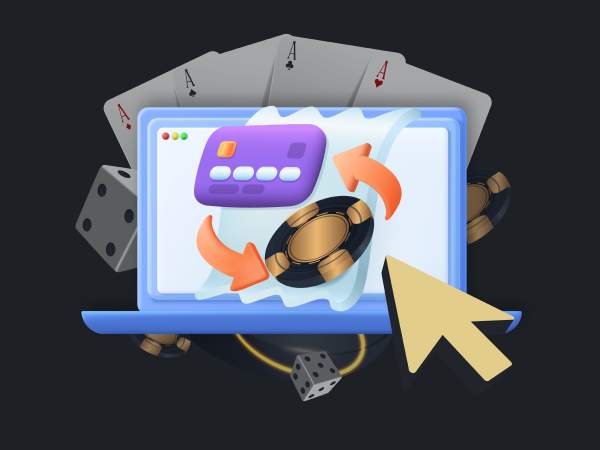The duration of a match, specified in Rule 7 of the regulations, will be two equal halves of 45 minutes, with an intermediate rest period that may not exceed 15 minutes, and its duration must be established by the regulations of each competition. The time lost during the dispute of the match must be recovered at the end of each period, the duration of these recovery periods being left to the discretion of the main referee.
The main point of the sport is to score more goals than the other team. A goal is considered when the ball completely crosses the goal line of the opposing goal, provided that no infringement of the rules of the game has been previously committed. The goal is the only way to score in football, something that does not happen in other football codes. If the number of goals is the same, the match is tied.
In many cases, when the match ends in a draw, there are several ways to find the winner. If the match ends tied, an extension or extra time can be played, which consists of two halves, generally 15 minutes each, where the initial match continues. In addition, there are two ways that the extension ends early: the golden goal and the silver goal, although these forms have been left aside in recent years.
A series of penalties will be taken, if equality persists. It consists of each team throwing penalties alternately until a total of 5 each. If after the 10 penalties or penalties77 taken, equality persists, one penalty per team will continue to be taken until a winner is defined.
Extra time and penalty kicks are a widely used format in modern football, the primary exponent of this being the elimination stages of the very last segment of the football world Cup. In some competitions, penalties are taken directly after the end of the initial match, without using extra time. A clear example of this system is the qualifying rounds of the Copa América.
In all these examples a single match was played, but there are other tournaments where two matches are played in the elimination stages, home and away matches. To determine if the bracket (both games) ended in a tie, the goals for both teams in the two games are added, and if they are the same, it is said that the bracket ended in a tie. In some cases, if the bracket ended tied, a tiebreaker system with extra time or penalty kicks is used, which are executed at the end of the second match of the bracket.
In some knockout stages another form of tiebreaker is considered before extra time or penalties: away goals. If at the end of both matches neither team surpassed the other in goals scored, the number of goals scored by each team in the away match will be counted. If a team has scored or more away goals after both games, it will be the winner of the bracket, but if the equality persists also in away goals, it will proceed with extra time or penalties. An example: knockout stages of the Copa Libertadores de América and the UEFA Champions League.

















